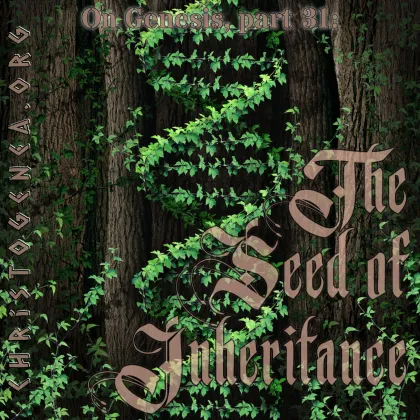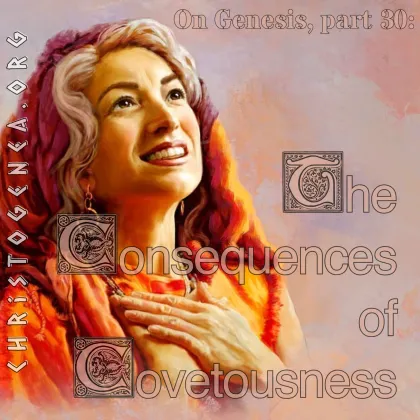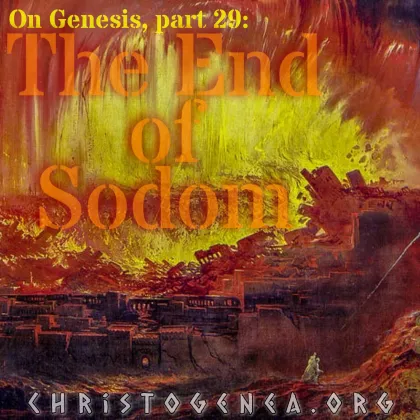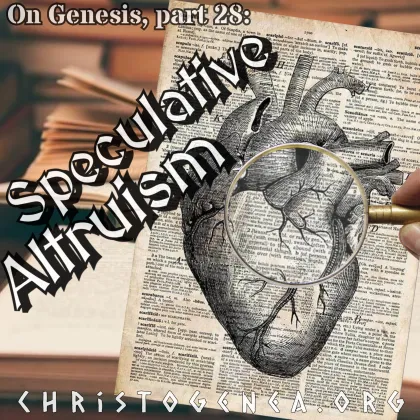On Genesis, Part 31: The Seed of Inheritance

On Genesis, Part 31: The Seed of Inheritance
At the beginning of our last presentation, The Consequences of Covetousness, I had recounted many aspects of my own personal perspective of recent historical events, and then mentioned some of the earlier circumstances which helped to facilitate those events, in order to show that when a society falls, it is typically a long process which has many inducements. There are several old adages which are relevant to this discussion. The first one that comes to mind is the saying that “Rome wasn’t built in a day”, as the empire peaked nearly 900 years from the traditional date of the founding of the city, from 752 BC to the time of Trajan at the beginning of the 2nd century AD. Likewise, our modern Christian society also took nearly as many centuries to develop following the spread of the Gospel of Christ. But it is also said that “Rome didn’t fall in a day”, and just as the Roman empire was hundreds of years in the making, its slide into oblivion at the hands of the Huns, Goths and Vandals also took several centuries, and there were many significant earlier events which helped facilitate its fall.
So perhaps an older Roman of the time of Caracalla may have noticed the decay of the empire which was already evident, and lamented the days of Marcus Aurelius or Commodus. But perhaps an older Roman in the days of Aurelius had lamented the time of Hadrian or even of Trajan. Every century had its own peculiar troubles, and in hindsight perhaps it is sometimes easier to look back and see why they had developed. Yet centuries after Rome fell, there were Europeans who upheld its traditions and its values, and clung to them in their everyday lives. While this was especially evident in the Roman Catholic Church, and not always for the better, it is even evident outside of the Church, until the time that Church itself had adopted and perpetuated many of its aspects.









 Please click here for our mailing list sign-up page.
Please click here for our mailing list sign-up page.








Recent comments